Keywords: Social Security
-

AUSTRALIA
- Francis Sullivan
- 20 June 2022
1 Comment
Despite last week’s decision by the Fair Work Commission to push up the national minimum wage by 5.2 percent, millions of Australians, in all parts of the country, will continue to live in poverty and on survival wages. The facts are that the Commission’s decision takes the minimum wage from $772 a week to $812, an increase of $5.70 a day, not a fortune but better than nothing.
READ MORE 
-
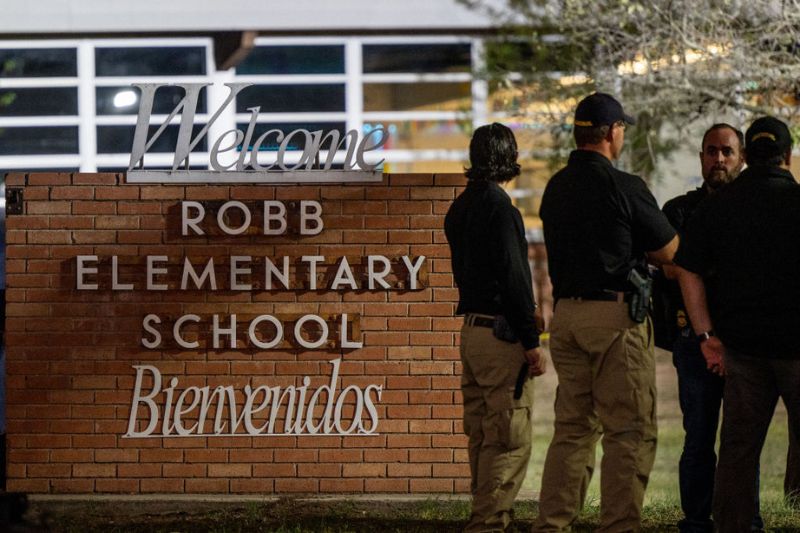
INTERNATIONAL
- Binoy Kampmark
- 20 June 2022
11 Comments
In the context of mass school shootings in the United States, the latest of which took place at Robb Elementary School in Uvalde, Texas, a crude form of deterrence has made an appearance. To be safer, you do not remove guns, but spread them through a policy of mutually assured terror. Any gun toting individual entering the school grounds will think twice before encountering the hail of bullets from a protective teacher. Gun control, accordingly, becomes anathema.
READ MORE 
-
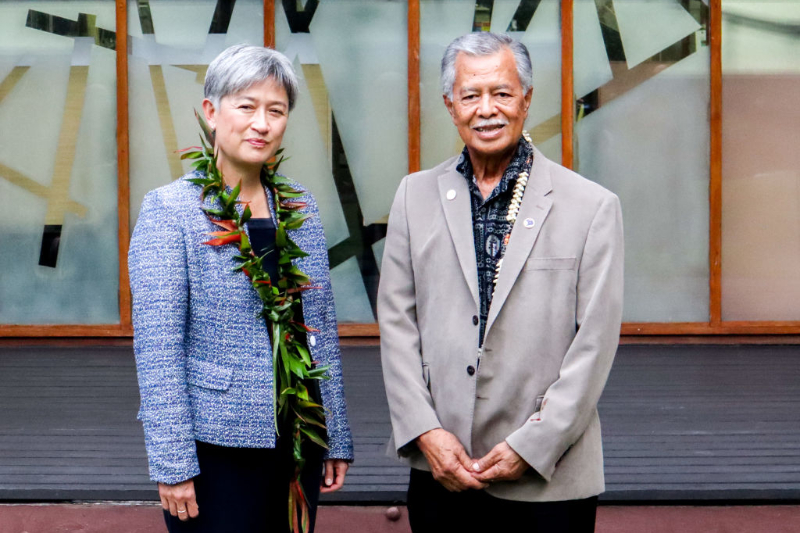
INTERNATIONAL
The Asia Pacific region has some of the world’s poorest and most disadvantaged communities. Supporting our regional family through increased aid and development will be important, but so too is the respect we show to the leaders of those nations which surround us.
READ MORE 
-
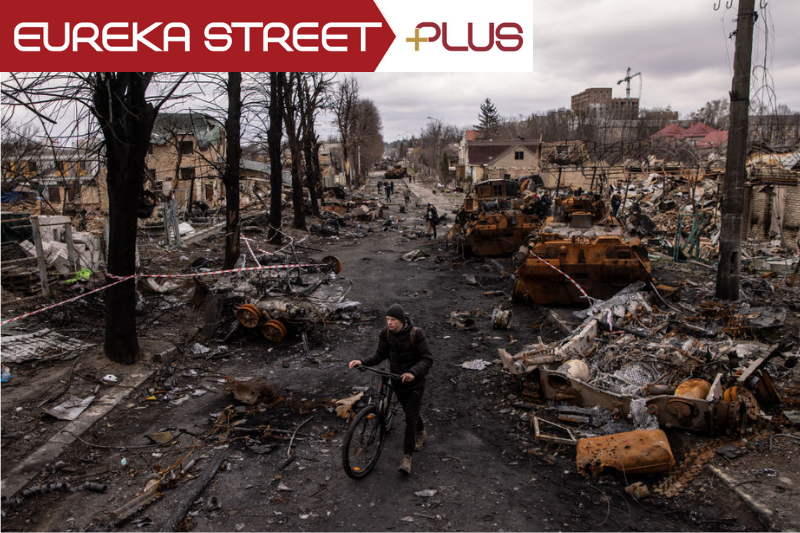
INTERNATIONAL
- Andrew Hamilton, David Halliday, Michele Frankeni, Stewart Braun
- 19 May 2022
5 Comments
We are now three months into the Ukraine war. From an invasion it has turned into a war of attrition that has cost many lives, displaced civilians, destroyed cities, and led to sanctions and the making of alliances with effects that have spread suffering far beyond Ukraine. In this Roundtable, Andrew Hamilton SJ, David Halliday, Michele Frankeni and Dr Stewart Braun explore the ethics of the war and likely paths to peace.
READ MORE 
-
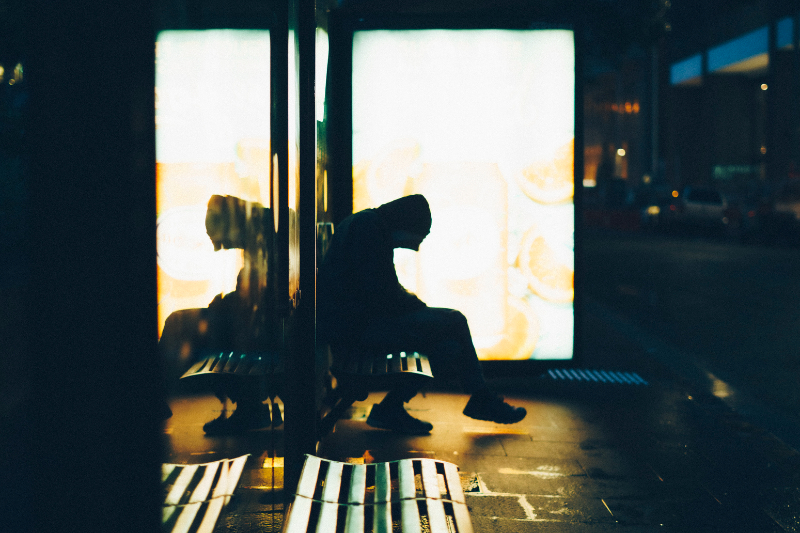
AUSTRALIA
- Sally Parnell
- 18 May 2022
3 Comments
When millions of Australians look back on this Federal Election campaign, they will recall it as one dominated by ‘gotcha’ moments and scare campaigns. Personal attacks, loud and in-your-face advertising campaigns and so-called missteps by politicians have provided countless hours of talkback content. Regrettably, this has taken the focus of too many away from nuanced conversations about the kind of society in which we want to live, and the policies and vision needed to take us there.
READ MORE 
-
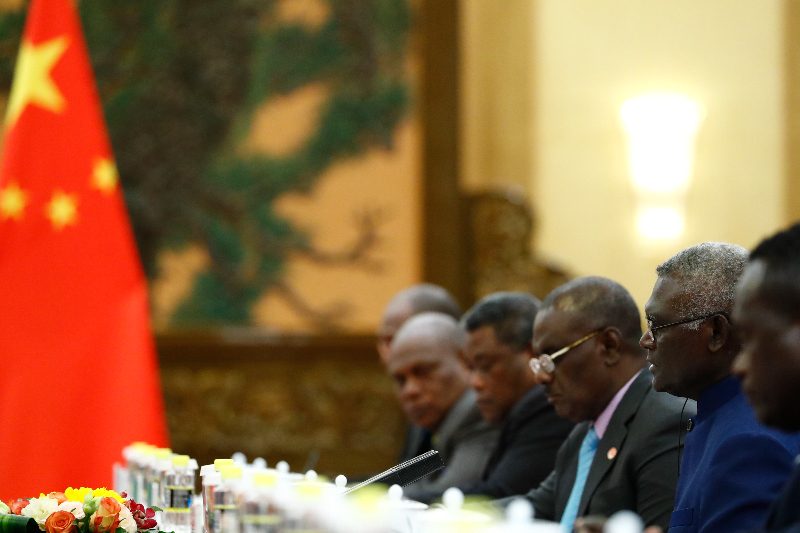
INTERNATIONAL
- Binoy Kampmark
- 10 May 2022
8 Comments
On May 3, the Prime Minister of the Solomon Islands, Manasseh Sogavare, vented his fury in parliament at ‘the continual demonstration of lack of trust by the concerned parties, and tacit warning of military intervention in Solomon Islands if their national interest is undermined in Solomon Islands.’ The targets of the speech — Australia and the United States — were clear enough.
READ MORE 
-
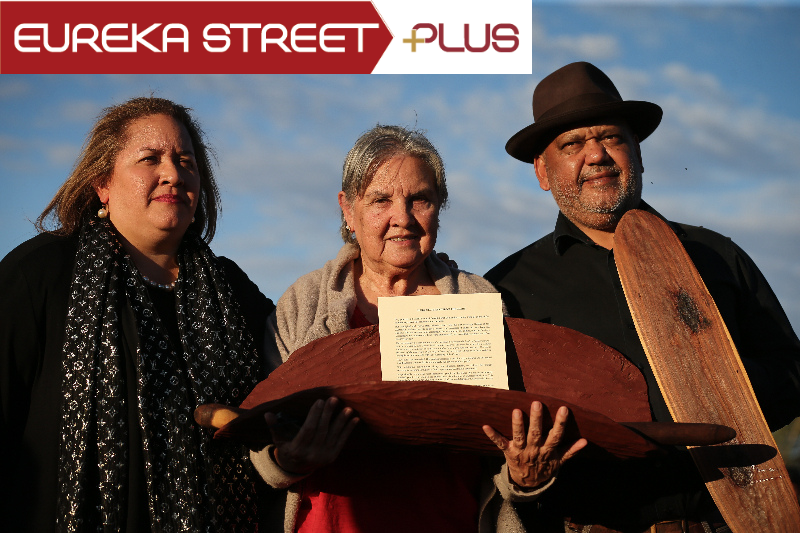
AUSTRALIA
- Frank Brennan
- 06 May 2022
5 Comments
Whoever is Prime Minister after the election on May 21, he will need to address the question of Indigenous recognition in the Australian Constitution. This is the sixth election in a row when the question has been a live, unresolved issue during the election campaign. The patience of Indigenous leaders is understandably wearing thin. Trust is waning. There is still no clear path ahead. So where to from here?
READ MORE 
-
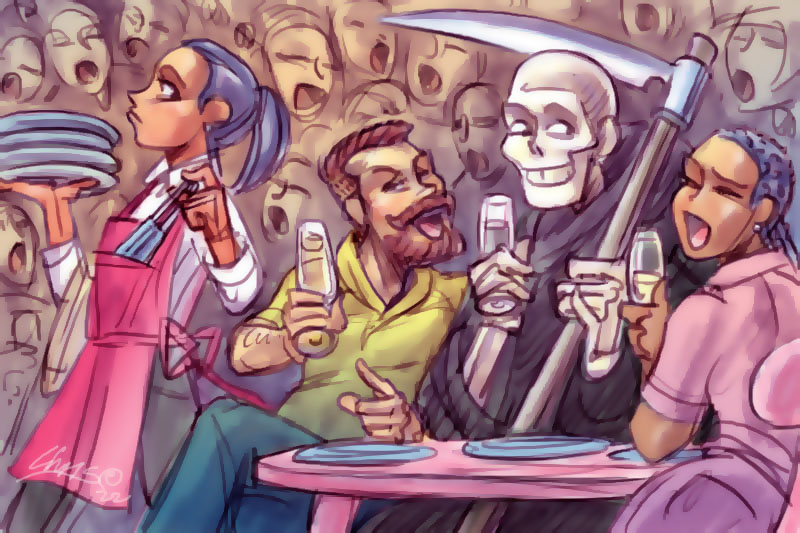
AUSTRALIA
- Angela Costi
- 26 April 2022
1 Comment
We are told by the government and associated authorities that these are times of ‘personal responsibility’. This is undoubtedly a major transition from the heavy regulated existence not that long ago when the collective good outweighed individualism. Juxtaposed with this ‘forging forth’ expectation is the significant, if not alarming, increase in infection rates.
READ MORE 
-
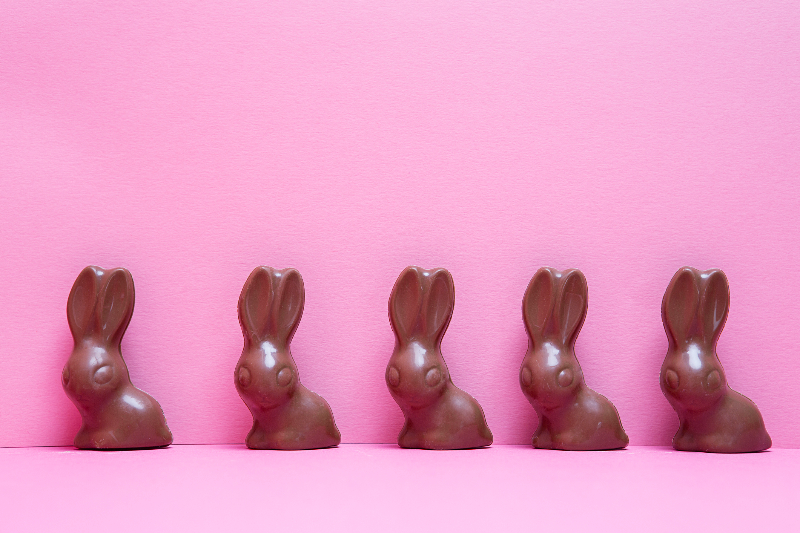
AUSTRALIA
- Andrew Hamilton
- 13 April 2022
11 Comments
In our culture, Easter celebrates the benignity of the ordinary. It is a time for getting together with family, for going away to bush or beach, and in southern states a time of mild weather ideal for watching big football matches and other sport. The important question raised now by Easter is whether the meanings of Australian Easter, and indeed those available to our secular society, have the depth needed to handle our present predicaments.
READ MORE 
-

AUSTRALIA
- Andrew Hamilton
- 07 April 2022
6 Comments
Palm Sunday alternates between March and April. When, as this year, it is celebrated in April it keeps company with a number of days that provoke us to ask what and who matter, what and whom can you trust. If it is a cruel month, it is so because it tests, even mocks, our comfortable assumptions. In a year overshadowed by manifestations of climate change, of persistence of Covid and of the horrors of war, it is not a bad month to endure an election.
READ MORE 
-
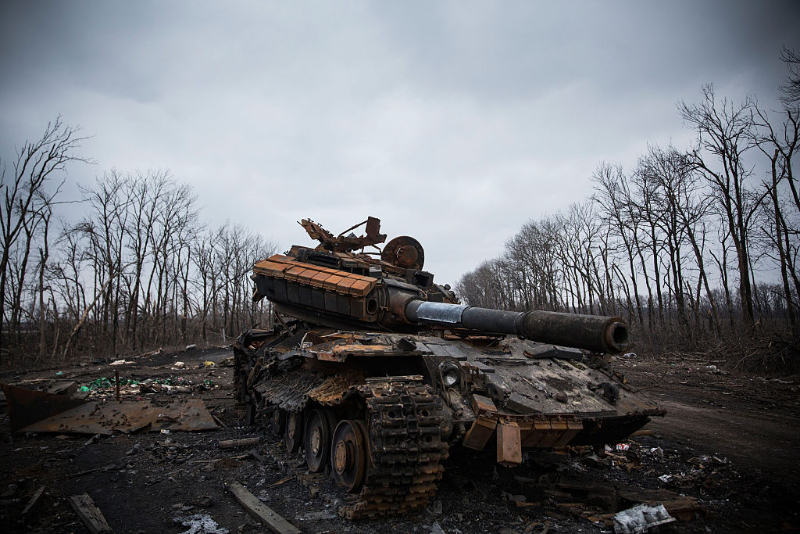
INTERNATIONAL
- Justin Glyn
- 07 March 2022
26 Comments
Ukraine, a site of conflict over many centuries, is once again the scene of battle. First thoughts must be with the civilian population and Pope Francis’ call for prayer is probably the most practical course for most of us far from the action. Unfortunately, while it is clear that there have been casualties, both military and civilian, on both sides, the fog of war makes it very difficult to say more.
READ MORE 
-

AUSTRALIA
- Andrew Hamilton
- 02 March 2022
10 Comments
In the last few weeks the threat of a Khaki election has loomed large In Australia. The invasion of Ukraine and tensions in relations with China have focused attention on which party can best ensure national security. This question will surely be pressed during the election campaign.
READ MORE 